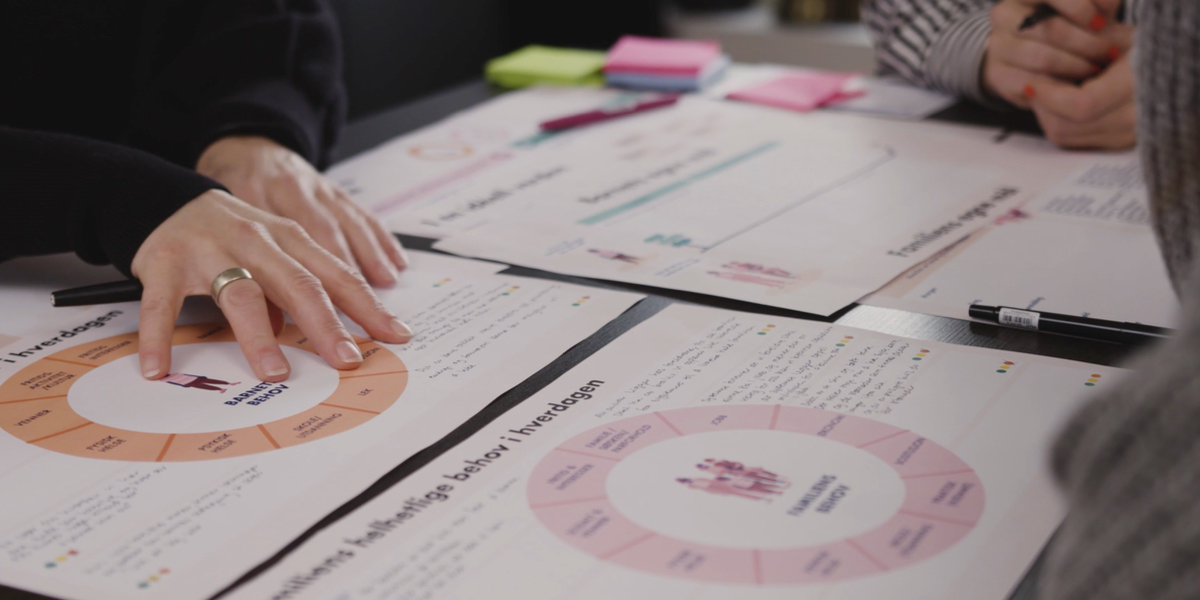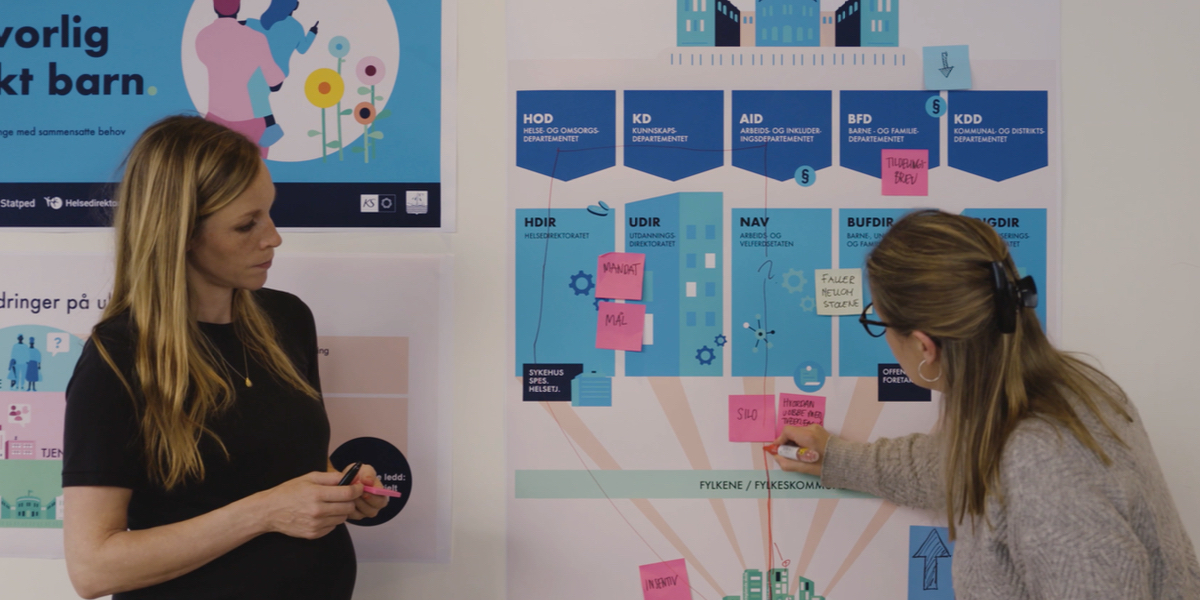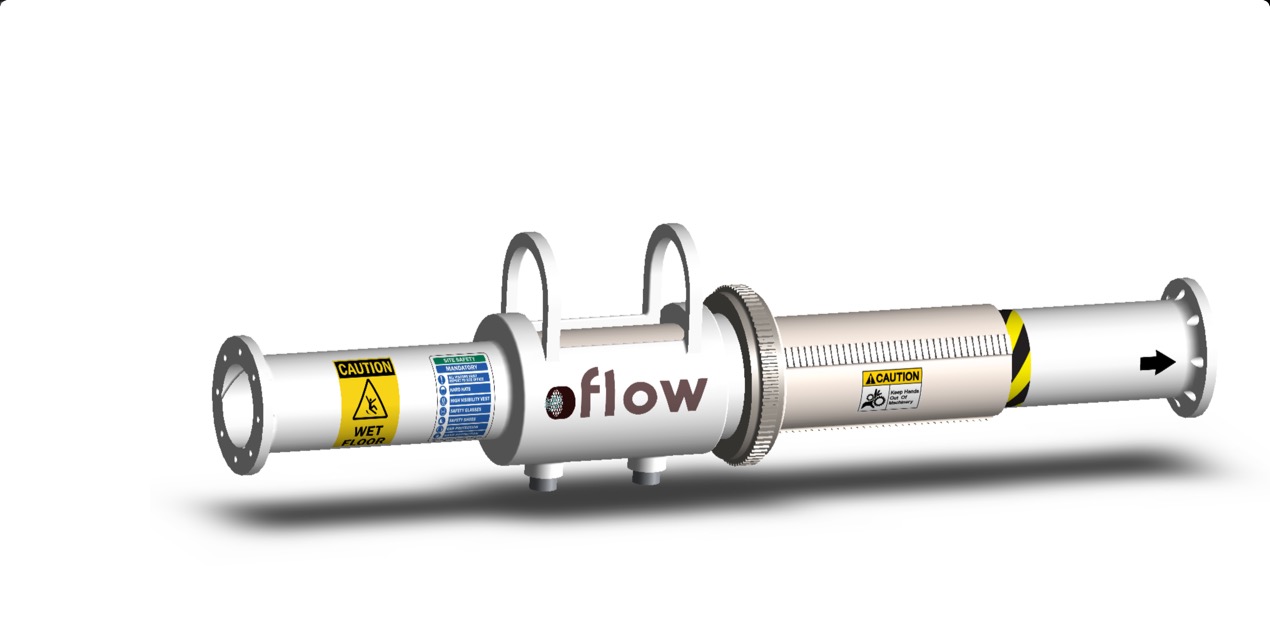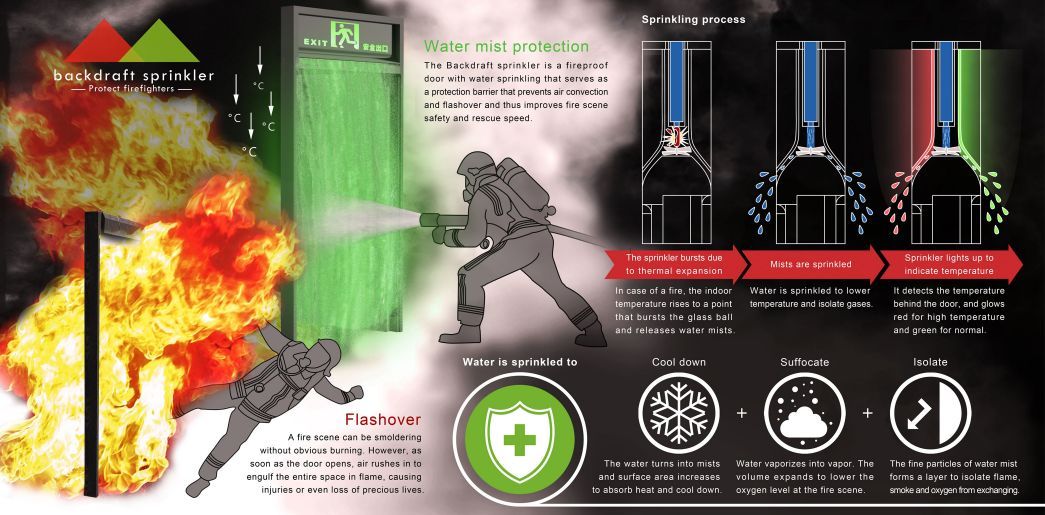AÑO
2023
CATEGORÍA
Comunidad
OBJETIVOS
Salud y bienestar, Reducción de las desigualdades, Paz, justicia e instituciones sólidas
PAL. CLAVE
public health, Social Innovation, systemic design, Experimentation, service design
PAÍS
Norway
CRÉDITOS
EGGS Design
LINK
https://alvorligsyktbarn.no/
Holistic public services for severely ill children
Design of holistic and seamless public services for children with complex needs and their families
How does it work?
Innovation in the public sector is complex, with numerous stakeholders and regulations. We approached the problem through experimentation to overcome the initial threshold of fear of making mistakes. By designing and staging different scenarios, we used experimentation as a method to learn and gather a deeper understanding of the challenges. The staged scenarios offered a safe environment where we removed the barriers of processes, protocols, and silos between departments; we could test different scenarios and solutions that can contribute to creating more holistic services for the families and their children. As part of the experiment we designed a mapping tool that offered a holistic view of the families – from economy and work to school and social situation. The result showed that what the families most want and need are things that are possible to achieve within the existing framework for public services – but we need to change the way we work and collaborate to make it a reality.
Why is it needed?
Severely ill child – children and adolescents with complex needs, is one of seven life events defined in the national Norwegian digitalization strategy, where the development of seamless services is prioritized. The Norwegian Directorate of Health is coordinating the development of holistic and seamless public services for children with complex needs and their families. EGGS Design, together with the Health directorate, the e-health directorate, Statped, NAV, Flekkefjord Municipality and Agenda Kaupang have identified why challenges occur, the relation between them and explored new ways of working to find solutions.
The families and their children – who often have a combination of physical, psychological, and cognitive special needs – experience significant difficulties receiving adequate support. Lack of coordination between sectors and public services providers results in Norwegian families spending an average of 19 hours a week coordinating the services themselves.
How does it improve life?
The project aims to understand how and where problems occur and how they relate to each other so that we can find a way to offer families seamless, tailored, and reliable support across sectors.
By mapping the extensive knowledge that the directorates already have on the existing problems and working co-creatively with real users we could summarise, visualize and prioritise them. This makes the issues more clear and comprehensible. This knowledge, combined with the experimental approach of testing scenarios and solutions for collaboration, allowed us to identify no less than 45 concrete suggestions for projects that together can help create seamless and adequate support for the children and their families. Having this overview will facilitate staying on track when working on individual projects. The overview provides a structure that enables tracking and measuring results and facilitates the correct prioritizations of interventions.





